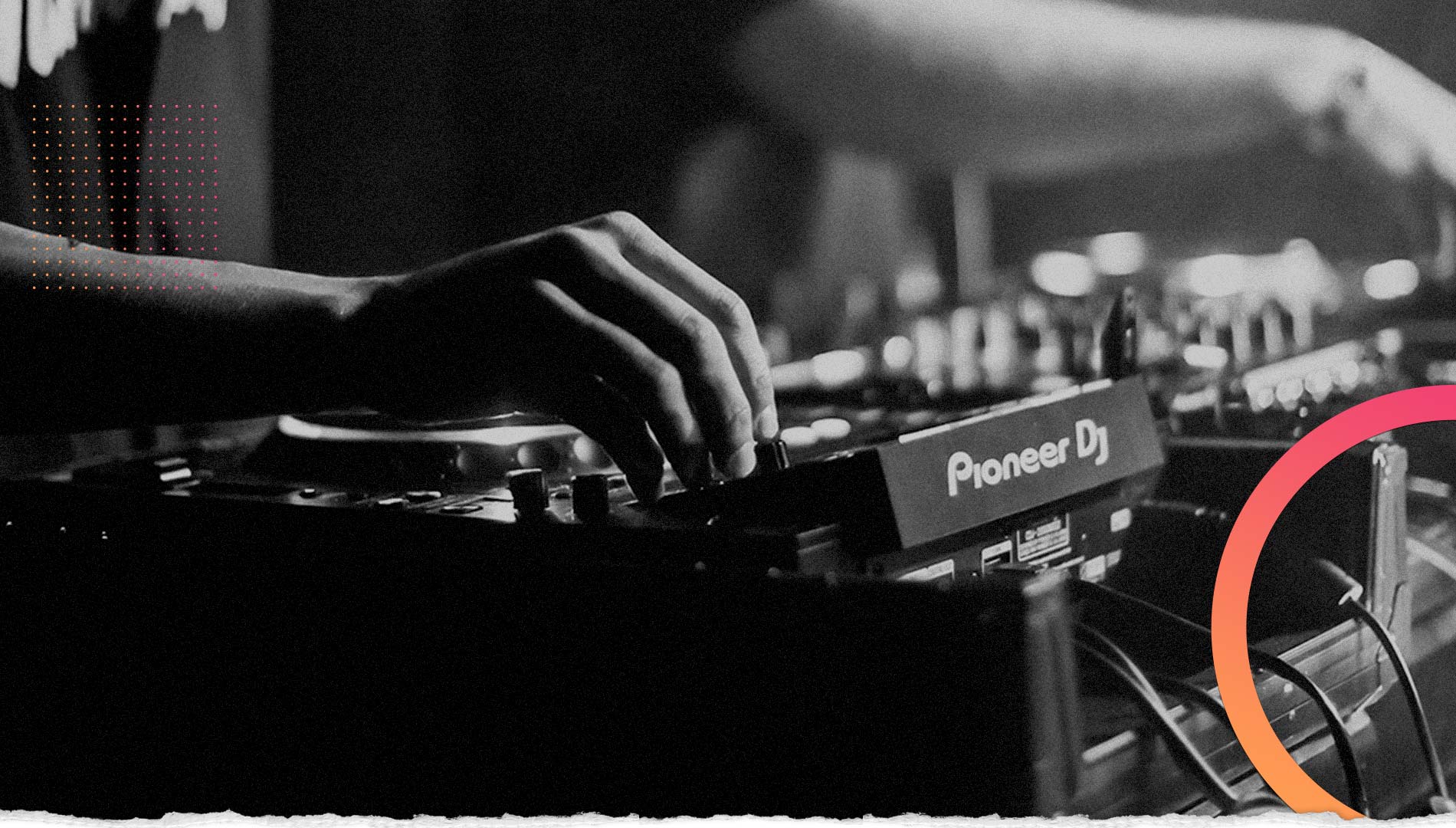The Sunday News
Bruce Ndlovu , Sunday Life Reporter
WHEN his fans told him that they wanted a new album from him, Martin Sibanda of Ndolwane Super Sounds was reluctant to go back into the studio.
In their plea, he could tell that his followers still had the burning desire to hear new music, almost three decades after they first came across Ndolwane’s unique brand of social commentary-fuelled rhumba.
However, as he thought about their proposal, as passionate as it was, Sibanda was sceptical. Despite their praise, his last few albums had not done as well as he had hoped, despite their widespread adulation.
While he felt the support in their praise, he did not feel it in his pocket, where it mattered the most. It was at this time that he decided that he and his fans would have to meet halfway. He would provide the magic in the studio and they would fund the recording of the album.
“I had asked my fans to make pre-orders of the album before I could go into the studio and record another album. This was their request because I was also struggling and now just releasing singles and this left them hanging. I told them I have a challenge because from the few albums that I had released, I did not get any good financial outcome.
All I heard was noise from fans, but I did not gain much in terms of monetary support,” he told Sunday Life in an interview.
Sibanda’s dilemma is a familiar headache for artistes around the country, as the sales of physical albums decline. In a world that has gone digital, music lovers can just go to some dark corner of the internet and harvest an artiste’s hard work for free at the click of a button.
This, according to Sibanda, has lessened his appetite for lengthy albums that require the kind of funding that only major labels could afford once upon a time. Now that he is out alone, mostly fending for himself, the process of recording an album is just not as rewarding.
“It is now much harder to record albums now than it was when Ndolwane started out. The motivation to go to the studio is just not as great as it used to be. Things change but when they change, it seems the change is felt by the artiste and not the fans, who are still where they were in the past.
That’s why sometimes it seems that we don’t understand each other because you will meet your fans and they will ask if you have forgotten about them,” he said.
Back in the heyday of the compact disk and the cassette, Sibanda and members of Ndolwane knew that time spent away from the studio was pouring money down the drain.
“Before, because we make music in a business way, you were encouraged by the fact that you are late and, in that lateness, you thought you were losing money by delaying the release. You knew that whenever you released, the money would be flowing. Before, the man was just there and, on the day of release, you would go to bed with at least $50 000 in your pocket.
I think that is something that encouraged a lot of people to get into music because they thought that there was money to be made. However, technology came and there are outlets everywhere for people to access your music now so when I release an album, I feel like I am a loser in the grand scheme of things because the studios where we record are raising their fees every year but what I earn is getting lesser and lesser so in the end that is why it doesn’t make any financial sense to record an entire album,” he said.
With the tide turning decidedly against artistes, Sibanda said it was now the duty of artistes to put the responsibility back in the hands of their fans.
“Since I am used to doing things to please my fans, I told them we could enter into an agreement which would mean that they were the ones sending me to the studio. All they had to do was contribute money and when the amount requested was reached, I would then go into the studio.
I felt that kind of arrangement would safeguard the quality of music going forward because if I knew that the money to record was there and I had a decent profit on top of that as well, I could go into the studio, kick back and make the music that my fans want to hear freely. As things stand, this process is slow.
It all depends on them when we will release the album because I put the issue before them and when they have responded adequately, the album will come out,” he said.
Fellow musician Jeys Marabini said for tried and tested musicians, it was not far-fetched for them to ask fans to contribute towards making the project meant for their listening pleasure.
“I think asking people to pay for the process of making an album is not a bad idea, if your fans really back you. If you look at Martin, he has done a lot in his career up until this point so there is no reason why people should doubt me, or people should doubt him.
This is something that happens a lot internationally and I would like to see it happening here as well because it allows people to purchase music that they have not heard based on the trust on the trust that they have on an artiste,” he said.
Marabini however, conceded that the album could not be discarded entirely as yet, as it allowed true musicians to shine while giving them an opportunity to package their product for future generations.
“I still think that the album will always remain relevant to us as musicians. There are many platforms that will only give you the time of day if you have presented an album so I don’t think I can downplay it.
An album itself shows maturity and it shows your creativity as an artiste. You are putting together a project of about 10 songs and all of them are different. That on its own shows your creativity and your talent and people who are able to do that are usually those who last long in the music industry.
I am fine with making an album and not making money now because I feel confident that my music will be there for the next 100 years.
“Music doesn’t change, we have gone through vinyl’s, CDs and cassettes to the current era where we have to use USBs but still good music is good music. It is something for my children and grandchildren to reap from in future. So, while the cost of recording an album might be great, I think an album now is a way of separating the serious artistes from the chancers.
I think if you’re an artiste that is usually played with live instruments, there is usually no substitute to a recorded album because you need a strong catalogue that you will then be able to present to people,” he said.
Hip-hop artiste Asaph said while album sales had plummeted, there were still a lot of other ways that albums could be rewarding.
“For me personally I don’t see a problem with putting out an album. I am a concept-based artiste so my ideas are best conveyed in an album. I wouldn’t be able to tell my story fully in a single. For every other artiste, it depends on what your plan is, what you are trying to put out and get from an album.
You can make an album and get your returns from merchandise or you can make an album and get returns from shows. It just all depends on the artiste and how he intends to benefit from the project he puts out,” he said.








 Invalid license, for more info click here
Invalid license, for more info click here